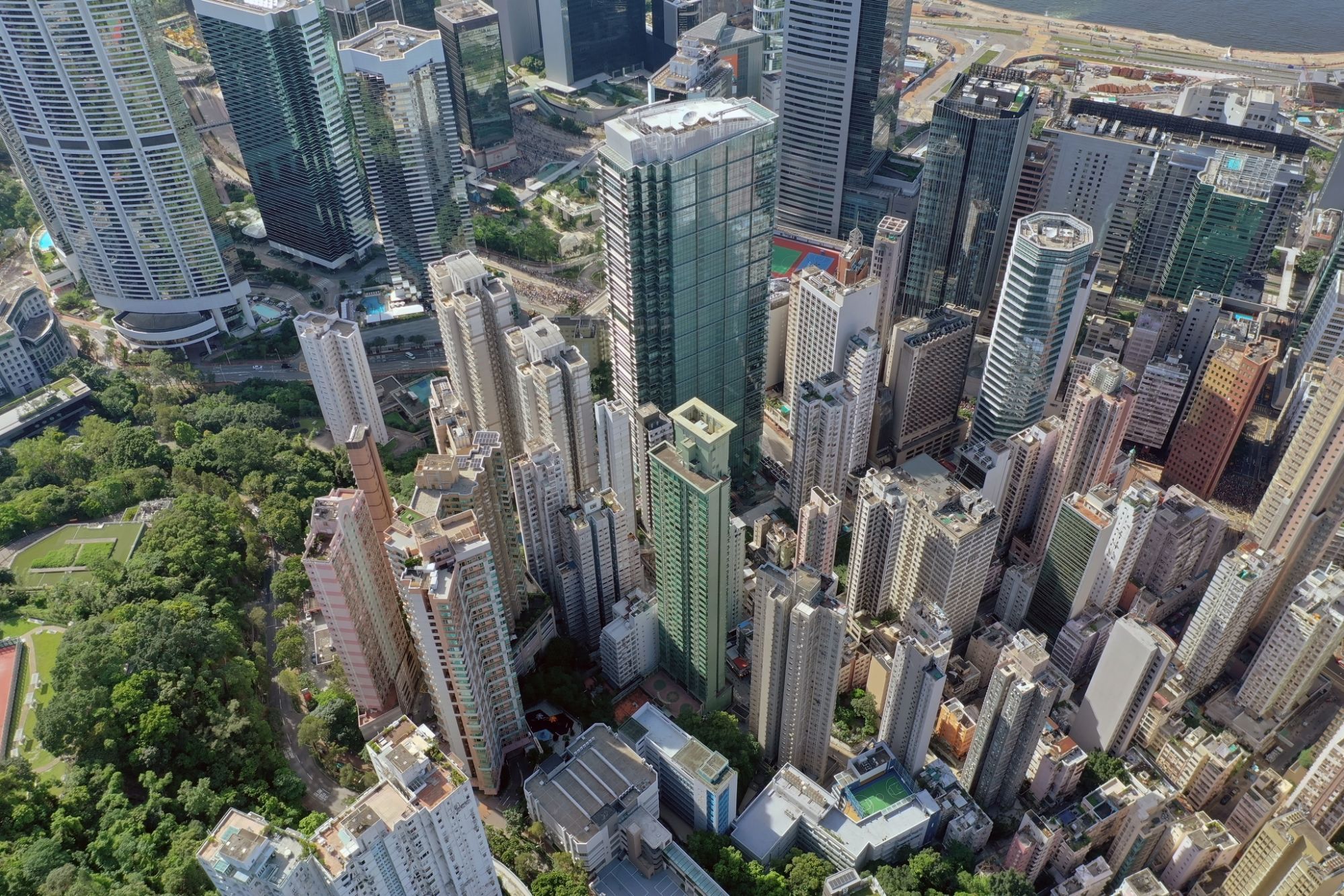Asia's richest are buying into the bandwagon of special purpose acquisition companies - companies that are formed only to raise capital.
Also called blank check companies, the SPACs have been around for decades and have become more popular in recent years attracting big-name underwriters and investors and raising a record amount of IPO money in 2019.
THE richest families and individuals of Asia are buying into the bandwagon of special purpose acquisition company (SPAC), which have taken global markets by storm, reported Lulu Chen of Bloomberg.
SPAC is a company with no commercial operations that is formed strictly to raise capital through an initial public offering to acquire an existing company.
Also called blank check companies, the SPACs have been around for decades and have become more popular in recent years attracting big-name underwriters and investors and raising a record amount of IPO money in 2019.
In 2020, as of August, more than 50 SPACs have been formed in the US which raised some $21.5 billion.
Family businesses including those backed by casino mogul Lawrence Ho are piling into special purpose acquisition companies to generate better returns in the low interest-rate environment.
Dennis Tan, CEO of Black Spade Capital, which is building a portfolio themed on vehicles, said the SPAC market is very robust now, thanks to the very low cost of fund which implies a low opportunity cost to invest.
“This year we’re going to see Asian investors, especially those on the private wealth side, increasingly get in on SPACs,” said health-care entrepreneur David Sin, who has sponsored one such company.
Sin is seeing a spike in investment interest from rich individuals and private banking money. Some recent SPACs have seen more than 90% of funding come from private wealth instead of institutional investors, he said.
SPACs raise money from investors and then look to acquire another business, usually a private one, within two years.
If they fail to identify targets, then investors may elect to get their investment back at the initial public offering price by exercising their redemption right.
“In this sense it can be viewed as a safer investment than bonds because of a very remote default risk,” said Tam. “In addition, if you invest in the more reputable SPACs founded by reputable tycoons and big PE funds, investors may make a fairly high return.”
Asian financial centers are not the only ones looking to catch more of the SPAC market, which is dominated by the U.S. The U.K. may ease rules to make it more attractive for SPACs to list in London, a report showed this week. Some are skeptical that the boom will be sustained.
Hong Kong-based Raffles Family Office, which managed US$1.8 billion of assets as of August, has offered its clients exposure to SPACs including Richard Li’s Bridgetown 2 Holdings Ltd.
“We’ve seen growing interest in the areas of cleantech, biotech and healthcare,” said Raffles CEO Chiman Kwan. “Some of the crucial factors in choosing a SPAC sponsor to work with are their credibility, commercial acumen and track record of choosing suitable acquisition targets and closing deals.” (RdlC)
